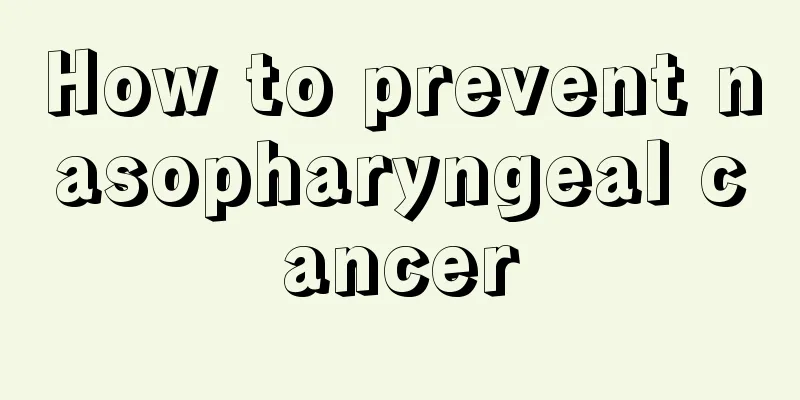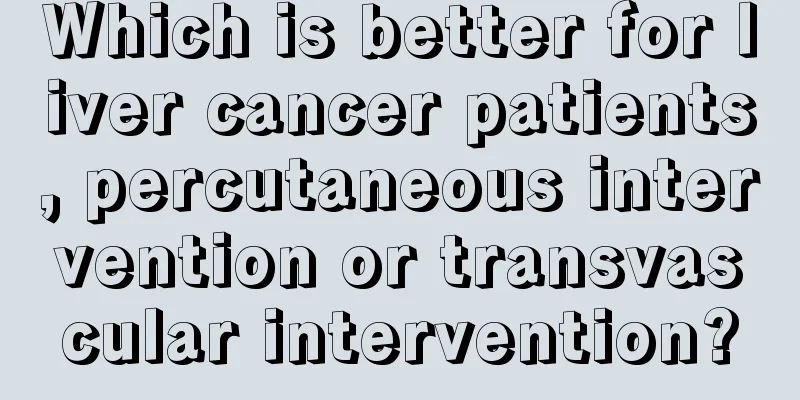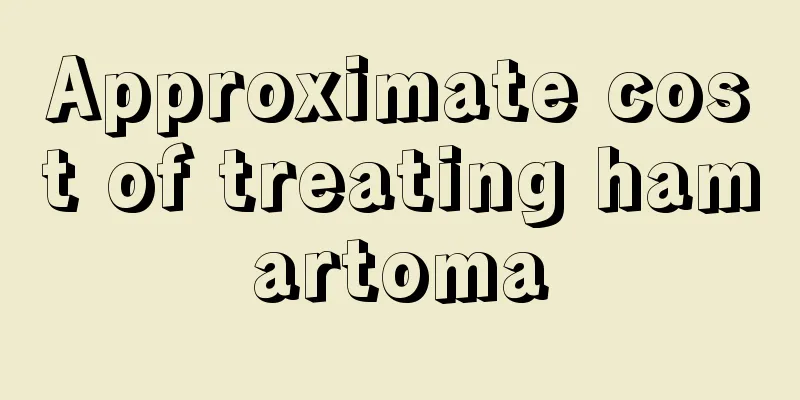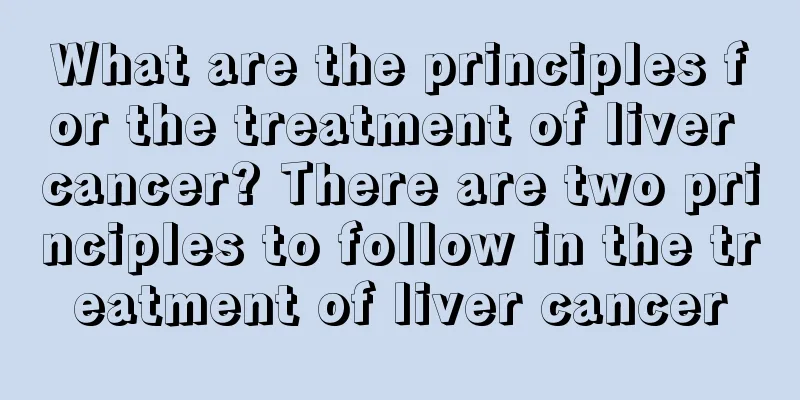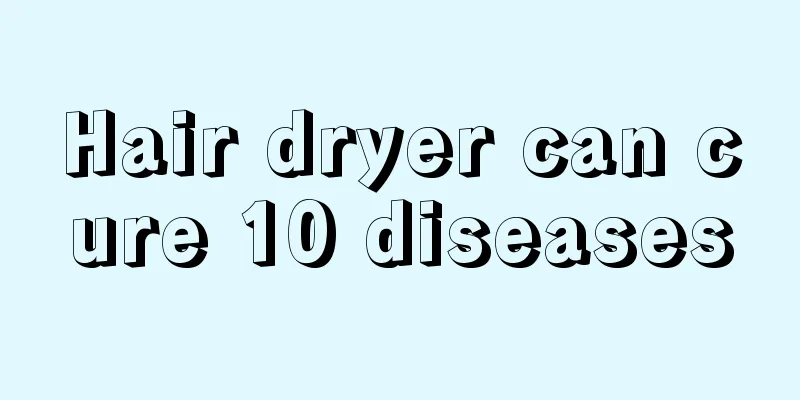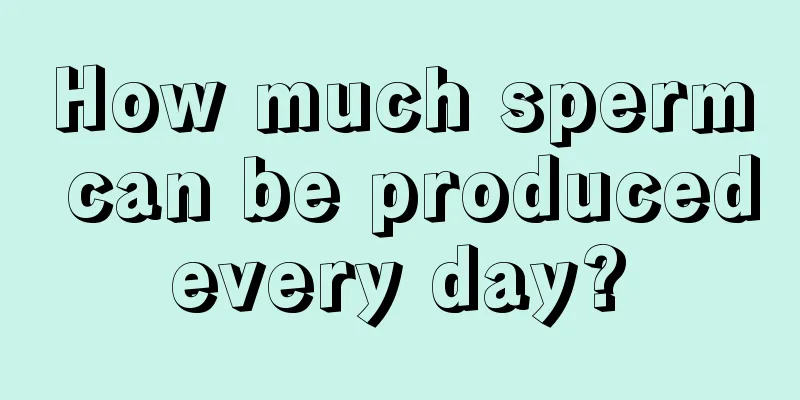The dangers of getting a cold vaccination
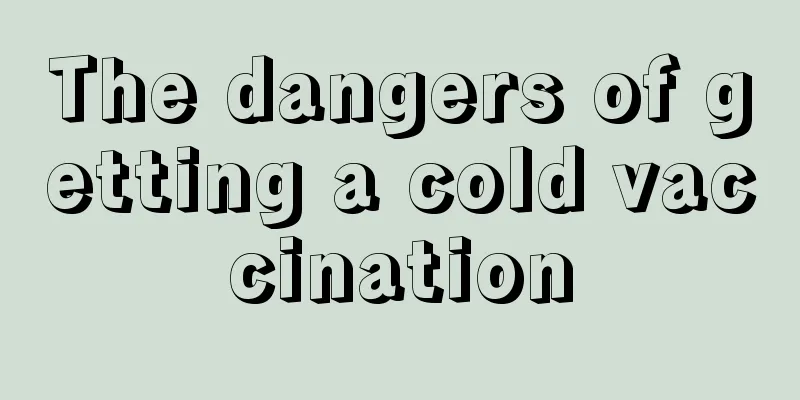
|
Children need to be vaccinated from birth to prevent various infectious diseases, but not every child can be vaccinated at any time. Children should not be given vaccinations when they are taking medicine for a cold or have other illnesses. Vaccinations during a cold will lower the baby's resistance, making it easy for them to develop symptoms such as low-grade fever, eczema, diarrhea, etc., and will make the condition worse. So it is better to wait until the baby is better before getting the vaccination. Hazard 1 (1) If children are suffering from a cold or fever caused by various diseases, giving them vaccinations at this time will increase their body temperature or induce and aggravate the disease. (2) Children who are recovering from an infectious disease or have a history of contact with an acute infectious disease but have not completed the quarantine period. If you get a vaccination at this time, it is easy to have adverse reactions or make the original condition worse. (3) Children with asthma, eczema, urticaria and allergic constitutions are more likely to have allergic reactions after vaccination, especially measles vaccine, diphtheria, tetanus and pertussis combined vaccine and other vaccinations with strong allergens, which are more likely to cause allergic reactions. Children with a history of epilepsy and convulsions are prone to syncope, convulsions, and shock when receiving vaccinations, especially Japanese encephalitis vaccine and diphtheria-tetanus-pertussis combined vaccine. People with severe rickets should not use polio sugar pills. (4) Children with acute or chronic kidney disease, active pulmonary tuberculosis, severe myelopathy, suppurative skin diseases and suppurative otitis media may experience various adverse reactions after vaccination, which may aggravate the original condition and affect the recovery of the sick child. It must be pointed out that children with congenital heart disease can still receive vaccinations as long as their function is good. (5) During the vaccination period, if the child is feeling unwell, has symptoms such as vomiting, diarrhea, and severe cough, the vaccination can be temporarily postponed with the doctor's consent, and can be given again after the symptoms improve. In short, it is not advisable to give children vaccinations when they suffer from the above-mentioned diseases or pathological conditions. However, this is relative. In certain special circumstances, such as when a virulent infectious disease is prevalent and has seriously threatened people's health, it is necessary to consider that the harm of the infectious disease is the primary, while the reaction of vaccination is secondary. The above-mentioned regulations against vaccination should be appropriately relaxed, but this should be decided by the doctor. |
<<: Symptoms of lung inflammation
>>: The main symptoms of anal inflammation
Recommend
What are the treatments for uterine cancer?
What are the treatments for uterine cancer? I bel...
Why do you get ovarian tumors
Why do we get ovarian tumors? Ovarian tumors are ...
How to treat diabetes
After suffering from diabetes, the harm to your b...
Let's take a look at the difference between a juicer and a juicer
No matter when, a glass of fresh juice always mak...
The most effective way to clear stool is to grasp the best time
Studies have found that drinking a glass of water...
What to do if your nose is stuffy? Here are some tips to make your nose feel more refreshed
A stuffy nose is what we call a stuffy nose. Ther...
Why does my arm go numb when I press it
In daily life, many people have had this experien...
Tips for blow-drying your own hair
Most families have hair dryers to prevent their h...
How to use yeast extract
Maybe many friends only know that yeast is used t...
How long can one live with stomach cancer
There is actually no absolute answer to the quest...
Hypochondriasis
Hypochondriasis is a very common disease. This di...
What harm does nicotine do to the human body?
As people's living standards continue to impr...
Is poorly differentiated lung cancer easy to treat?
Is poorly differentiated lung cancer easy to trea...
What are the dangers of smoking after a meal?
Everyone knows that smoking is harmful to health,...
How to perform congenital microtia correction surgery
Microtia is a relatively common ear deformity. Mo...
